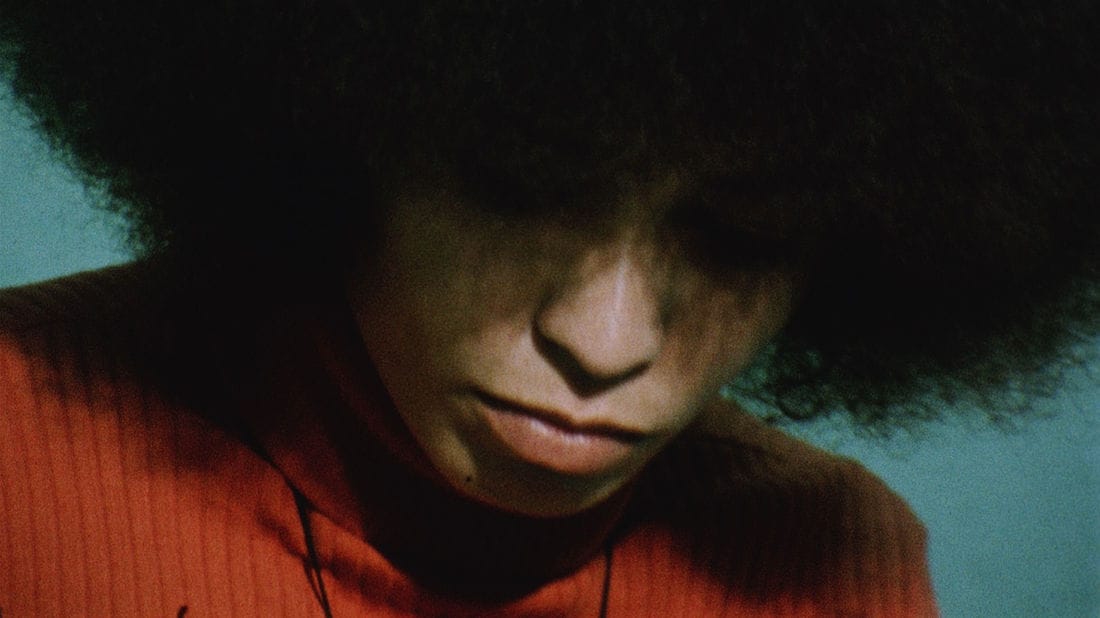Rating: 4 out of 5 starsGenre: Documentary Opens locally Friday, October 21st, 2011 Run Time: 1 hour 40 minutes, Not Rated Directed by Goran Olsson (Am I Black Enough For You - documentary) "Black Power Mixtape 1967-1975" is a very compelling history lesson told from unique, shifting perspectives. It is a documentary that chronicles the black power movement year by year. From one angle, through archival footage, we see and hear first-hand from many of the influential black leaders of the time, from Stokely Carmichael, to Martin Luther King Jr., to Angela Davis. We also hear, with voice-over commentary, from prominent modern day African-Americans, from Erykah Badu, to Harry Belafonte, to Ahmir-Khalib Thompson, as they explain the meaning and the legacy of these black leaders. Thirdly, and perhaps most interesting of all, we see and hear from Swedish journalists of the time, who reported on the black power movement, and groups like the Black Panthers, relating the movement to a non-American audience. The result of mixing these three different perspectives is more than effective...it's quite powerful. By watching and listening to the Swedish point-of-view, we get a predominantly white, yet objective view of the black power movement from a source outside of the United States.
Through commentary and an incredible compilation of footage, you learn a lot about the civil rights movement, and how the black power movement morphed even in the eight year span covered in the film. Right off the bat, the film tells us that it is not trying to give a all-encompassing account of these events, but rather, it is attempting to recollect a certain point-of-view. The only viewpoint missing from the film may be that of white America, but the filmmaker assumes that we already know this viewpoint, in the stereotypes and the prejudices that we have picked up through the years. For example, many whites may hear "Black Panthers" and think of a dangerous, militant group. They were militant, but did you know that they also instituted a very successful free breakfast program for inner-city youths? When this film tells us that J Edgar Hoover of the FBI lists the Black Panther's free breakfast program as the "most dangerous internal threat to America", you can't help but understand, if only in part, the paranoia, fear, and anger that existed in the U.S. at that time. Part of me wished that there was a sequel or two, covering the years between 1976 and into today. How has "black power" changed from this time into today's world? The film gives good history, but doesn't clearly connect these events into modern times. The year by year re-telling is very coherent and this is not just a movie relevent to a black audience. As Erykah Badu says towards the latter portion of the film, and I paraphrase, "you can't leave the telling of history up to those in power, but rather you must tell it yourself if you hope to have the truth be told." "Black Power Mixtape 1967 - 1975" is definitely an important piece of history, told for and by African-Americans, and given a world perspective from the Swedish film crews represented in the film. If ever a person of any color wanted to learn about what it meant to be black during the 60s and 70s, I would suggest they start here.
0 Comments
Leave a Reply. |
Looking for a specific movie or review?
Search Below: Categories
All
Archives
May 2024
|
tom santilli movie reviews
Tom Santilli is a professional film critic, TV personality, host and
the Executive Producer of Movie Show Plus.
He also is the featured film critic appearing on WXYZ Channel 7 Action News in Detroit,
and appeared weekly on FOX-2 in Detroit from 2016-2020.
Feel free to use the "search" below to find your favorite titles.
TOM'S GRADING SCALE:
B- and above: Thumbs Up
C+ or below: Thumbs Down
Currently Airing:Check Local Listings
|
For more information on Movie Show Plus, Email: |


 RSS Feed
RSS Feed
